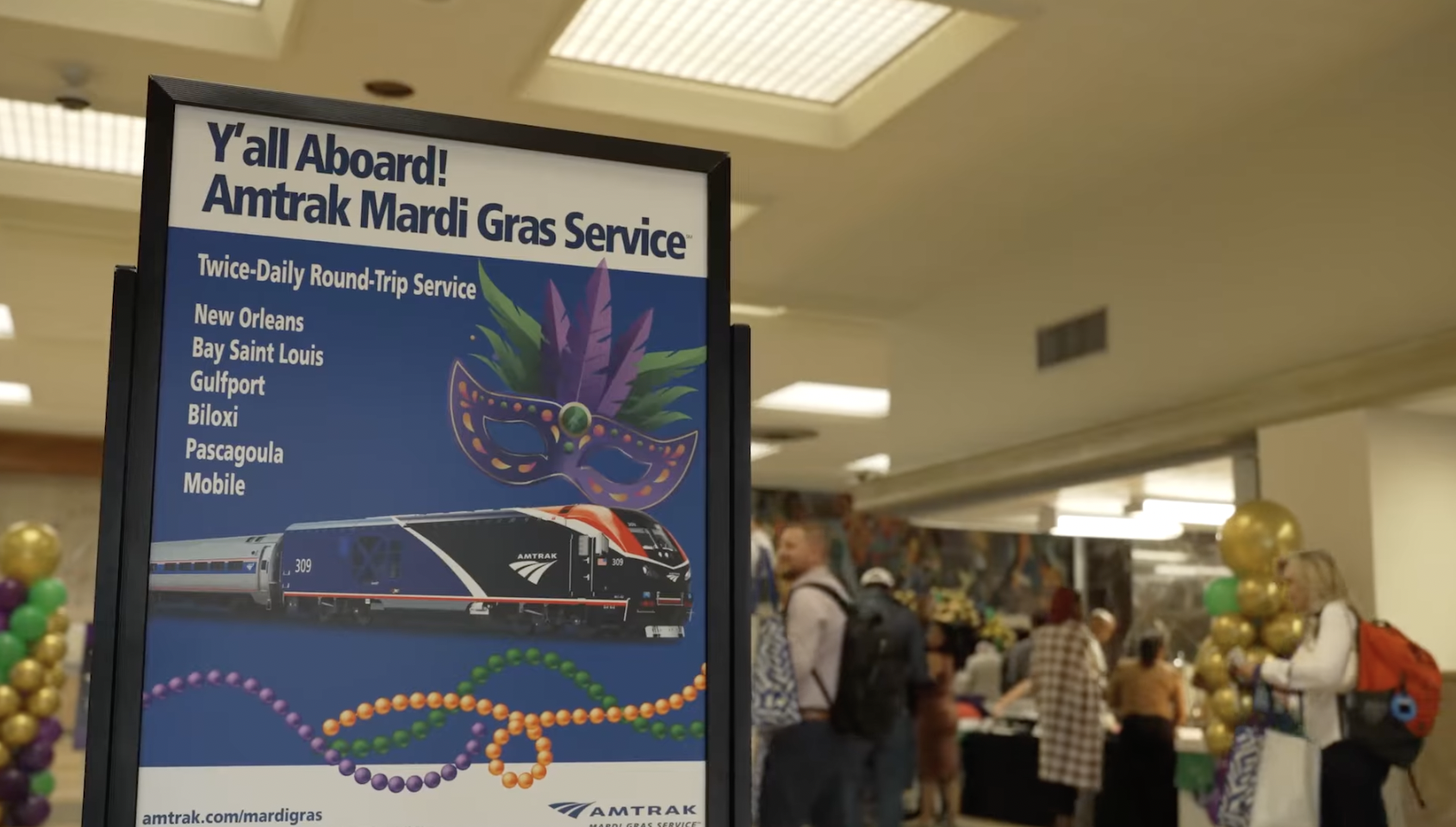The new CEOs for Cities report on the misguided metrics that fuel sprawl is getting a lot of attention today on the Network and in local media.
Bike Portland and The Infrastructurist are both featuring the study, which found major flaws in a metric that's widely used to justify road expansion. Several local press outlets ran stories about it under headlines like, "Sacramento traffic not so bad, really."
As Noah reported yesterday, "Driven Apart" author Joe Cortright takes aim at the use of the Travel Time Index, a measurement that emphasizes traffic congestion while ignoring total travel time. The outcome is easy to predict: Calls to relieve congestion by widening roads, which leads to spread out development and longer car trips. But if we instead emphasized total travel time, Cortright shows, the way to achieve better commutes is to build more compactly.
I've seen the same logic that underpins the Travel Time Index guide transportation policy decisions, and I wanted to share an example of how this undermines cities and sustainability at the local level.
This summer I worked in the air quality division of the metropolitan planning agency in Northeast Ohio -- known as NOACA. NOACA is the local agency responsible for disbursing federal highway dollars. To a certain extent, its actions are governed by a series of federal directives.
While I was at NOACA, we hired an "air quality planner" whose main responsibility was to perform an analysis mandated by the feds to measure the air quality impacts of every proposed road project.
The problem was, the analysis inevitably concluded -- without fail! -- that expanding a road would reduce air pollution.
That's because the formula only accounted for short-term air quality impacts. Any given road project was likely to reduce congestion in the short-term and provide an immediate reduction in vehicle emissions. But the formula ignored long-term impacts of highway expansion -- sprawl, longer commutes -- which run directly counter to the cause of air quality. The formula simply wasn't sophisticated or far-sighted enough to account for this type of effect.
Yet transportation and planning agencies use this federal formula to guide highway construction decisions across the country. Looking at development patterns over the last several decades, I guess that shouldn't be surprising.
So thank goodness for the CEOs for Cities report, pointing out the absurdity of an entrenched way of looking at how transportation works. Hopefully, this report reaches willing ears in Washington and in local governments. Just imagine all the ways those federal dollars might be put to better use actually reducing air pollution.
Elsewhere on the Network today: Rights of Way outlines a campaign to pressure the Maine Turnpike Authority to divert some of its revenues toward a successful commuter bus service rather than spend ten times that amount on a road widening. Publicola asks why Portland seems to edge out Seattle in the "cool" cities matchup (the answer has to do with sustainable infrastructure). And Grist chats with Congressman Earl Blumenauer about the Obama administration's Sustainable Communities Initiative.






